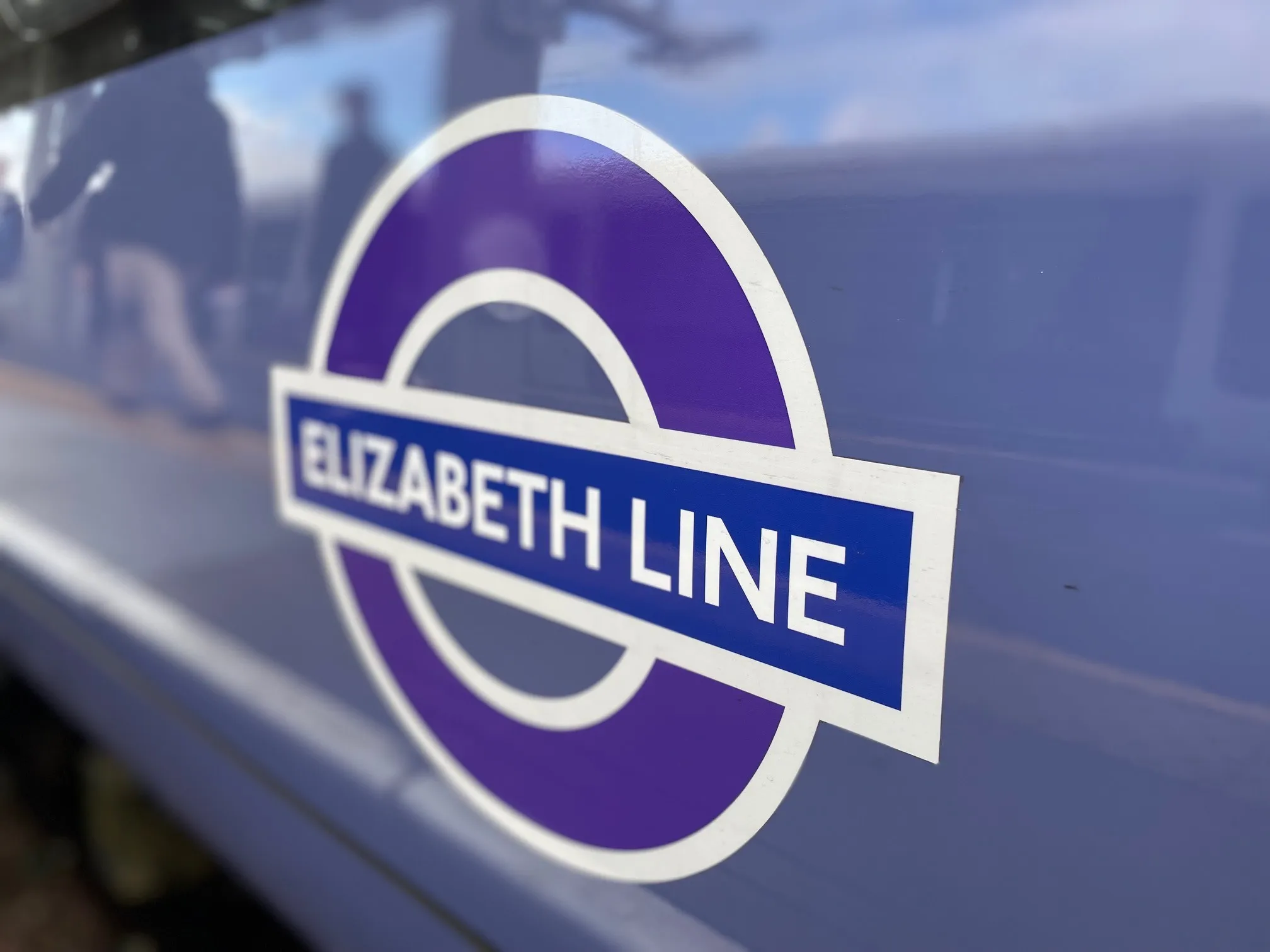Europe’s long-term lending institution, the European Investment Bank has, as part of a consortium of international banks, agreed to finance the deployment of 65 new Hitachi super express trains to be used on the East Coast Main Line between London and Scotland. This new fleet will replace the Intercity 125 and 225 trains currently in use on the line.
The new East Coast Main Line trains will be financed under the Department for Transport’s Intercity Express Programme, which includes the financing, desig
April 17, 2014
Read time: 2 mins
Europe’s long-term lending institution, the 4270 European Investment Bank has, as part of a consortium of international banks, agreed to finance the deployment of 65 new 2213 Hitachi super express trains to be used on the East Coast Main Line between London and Scotland. This new fleet will replace the Intercity 125 and 225 trains currently in use on the line.
The new East Coast Main Line trains will be financed under the1837 Department for Transport’s Intercity Express Programme, which includes the financing, design, manufacture and maintenance of trains over a 27.5 year operating period. The order for the East Coast Main Line is for 497 new train carriages and the total contract value is US$4.5 billion, which is the total value of lease payments train operators will make over the life of the contracts.
New trains on the line will include both bi-mode trains, electric trains that can also operate at line speed using diesel engines, and electric trains. The programme will also include the construction of a new maintenance deport in Doncaster.
The first new trains are expected to enter service in September 2018, with the remainder being delivered progressively until February, 2020. The trains will be manufactured in Britain by7427 Hitachi Rail Europe at a new purpose-built factory in Newton Aycliffe, County Durham where 730 new jobs will be created.
The European Investment Bank is financing the new East Coast Main Line trains alongside Japan Bank for International Cooperation (JBIC), Bank of Tokyo4962 Mitsubishi UFJ (BTMU), Development Bank of Japan (DBJ), HSBC, Lloyds, Mitsubishi Trust, Mizuho, Sumitomo Mitsui Banking Corporation (SMBC), Société Générale and Crédit Agricole.
The new East Coast Main Line trains will be financed under the
New trains on the line will include both bi-mode trains, electric trains that can also operate at line speed using diesel engines, and electric trains. The programme will also include the construction of a new maintenance deport in Doncaster.
The first new trains are expected to enter service in September 2018, with the remainder being delivered progressively until February, 2020. The trains will be manufactured in Britain by
The European Investment Bank is financing the new East Coast Main Line trains alongside Japan Bank for International Cooperation (JBIC), Bank of Tokyo









